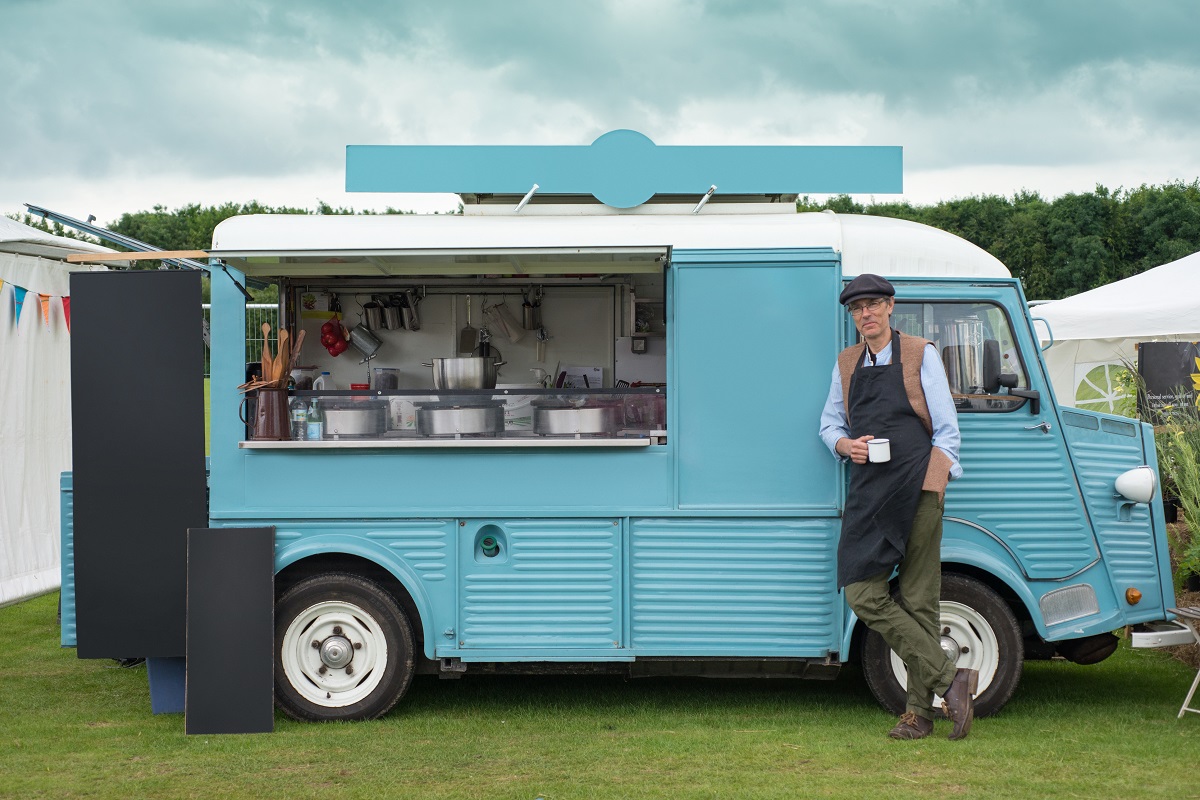It’s hardly a small amount of money, but £500 won’t buy you as much as it used to. In fact, it will only pay for about a quarter of your dinner at SubliMotion in Ibiza, reported to be the world’s most expensive restaurant1.
If you’re in New York, £500 will buy you a couple of slices of the world’s most expensive commercially available pizza. It sells for $2,700 and is made from black squid ink dough topped with British Stilton cheese (white not blue), French foie gras and truffles, two types of caviar (Caspian Sea Ossetra and Almas) and 24 carat gold leaves2.
Closer to home, £500 won’t buy you a season ticket for 12 of the Premier League’s 20 football clubs this season3, and it doesn’t quite cover UK average weekly household spending (£528.90)4, or pay for 10 average weekly UK food shops (£532)5. But if spent wisely, £500 can still make a big difference.
Number crunching
Research published recently by Yell Business6 suggests that 40 per cent of profit-making UK small businesses were started for £500 or less, while a third were started for just £250 or less. The reported average cost of starting an online business is £325, yet if you start an online business or spare-time venture, your start-up costs can be negligible.
Low cost is just one reason why record numbers are starting their own new business in the UK. It’s probably never been easier and quicker to start up, partly thanks to technology. Being your own boss can provide better income, more control, greater flexibility, better work-life balance and more job satisfaction, so it’s little wonder that so many people are doing it.
There were 657,790 new businesses registered in 2016 according to The Centre For Entrepreneurs7, significantly more than in 2015 (608,110) and 2014 (581,173). A quarter of people in Britain are reported to have ambitions to start their own business in the next few years, which would add significantly to the UK’s current tally of some 5.4m small businesses8.
Minimising start-up costs
Spending as little as possible should be a key aim for anyone starting their own business and it’s a wise business habit to get into at the outset. The lower your start-up costs, the more likely and sooner you’ll generate profit, while you’ll lose less if the business fails (40 per cent do within five years and many don’t make it past two years9).
You shouldn’t buy things you can do without. Common examples include ill-considered advertising, fancy photography, elaborate logos, websites, stationery and leaflets. No-cost or low-cost marketing methods can bring far better results for some new businesses. Taking a DIY approach where possible can reduce your start-up costs dramatically.
And rather than buying, where possible, make do with what you have. Alternatively, borrowing or even skills swapping with another business might get what you need for free. If buying is essential, explore second-hand options, as this can also provide great start-up savings.
If it’s likely to affect sales or perceptions of your business, penny-pinching isn’t advised. If you need to buy new, shop around for best value (which doesn’t necessarily mean the cheapest price), and negotiate firmly for the best deals.
Base – how low can you go?
After wages, premises are most business’s biggest cost. If you can start your business from your home, at least until you’re more established, you’ll save lots of money and have more to invest in developing your business. And when running a business from your home, you claim for some of your domestic expenses, including mortgage interest or rent, council tax, heating, lighting, phone, broadband, etc. If commercial premises are essential, shop around and once again, negotiating firmly.
You may be able to rent space from another business or reduce your overheads by renting co-working desk space when you need it. Whether you’re starting up or running a more established business, it pays to remember – a penny saved is a penny earned.
The opinions expressed by third parties are their own are not necessarily shared by St. James’s Place Wealth Management. This article originally appeared on the KPMG Small Business Accounting website.
Links from this page exist for information only and we accept no responsibility or liability for the information contained on any such sites. The existence of a link to another website does not imply or express endorsement of its provider, products or services by us or St. James’s Place. Please note that clicking a link will open the external website in a new window or tab.
1. thrillist.com, Jul 2017
2. guinessworldrecords.com, Apr 2017
3. premierleague.com, July 2017
4. ons.gov.uk, Feb 2017
5. moneyadviceservice.org.uk, Feb 2017
6. business.yell.com, Feb 2017
7. centreforentreprenuers.org, Jan 2017
8. bmmagazine.co.uk, Jan 2017
9. smallbusiness.co.uk, Aug 2016




